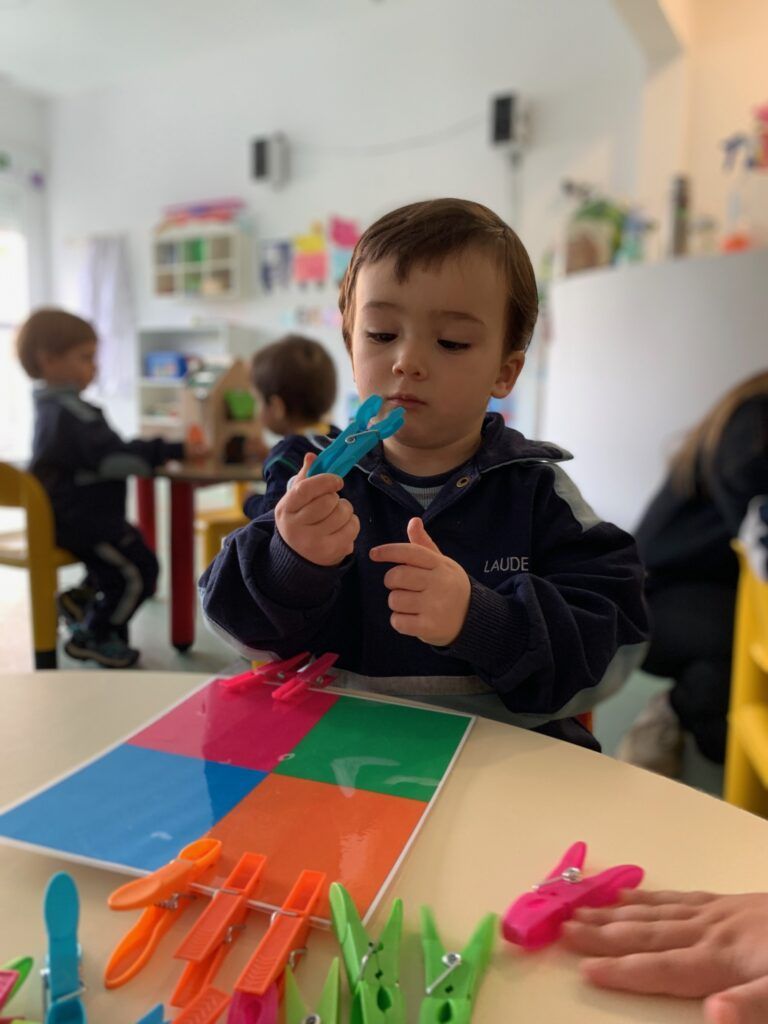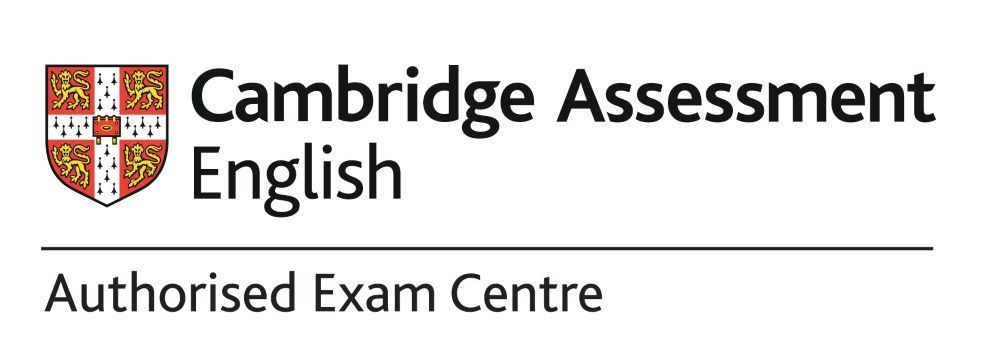WHEN ARE YOU OLD ENOUGH TO BE SELF-SUFFICIENT?
How many times have we heard that “it’s just that it’s too small…”? And the truth is that, we know that there are things that children, as much as we want, are still not going to be able to understand, but it is important to start stimulating them with personal challenges that help them to favor their resolution capacity, concentration, their logical reasoning and achievement motivation and, sometimes, we focus a lot on the amount of knowledge that they must memorize, such as: numbers, colors, letters, names… And we forget the most important thing: teaching them to know themselves!
In the first years of the infant stage there is a learning area that could be called “everyday life”, that is, teaching them to be self-sufficient in day-to-day tasks, such as: taking off their coat, taking off their shoes, buttoning a Velcro, undoing a button, eating by themselves, controlling their body and the speed when they run… All those activities of our day to day that we adults don’t even think about anymore, we have them so internalized that they come out automatically. The sooner we start, the better.
When working on this autonomy, a very important factor must be taken into account: time. We cannot teach a child to put on their coat and expect them to do it the next day without help, first they are taught how to do it and then we will let them repeat it on their own while we guide them. Thus, day after day, and each time you will need less help, less guidance and less time to carry out.
Routines play a very important role, as they serve to automate tasks, practice them and become more efficient. These aspects are fundamental for minors to learn to carry out these tasks on their own for their personal growth and to become protagonists of their own learning.
The acquisition of child autonomy entails developing aspects such as self-esteem, security or freedom of thought, which are born from creating small challenges that, when overcome autonomously, achieve reinforcement. Surely we have heard a child say “I can’t” and then the adult comes and solves it. That help, in reality, is not help because, indirectly, it is similar to saying: “you can’t, but I’ll do it for you”. However, it is a good time to develop a good self-esteem in the child, emphasizing that YES you can (maybe not yet, but you can), teach him how to do it, let him try it as many times as he needs and if finally, it is still too difficult still to achieve at that time, can be solved jointly.
Cristina Lucero
Early Years Teacher
















![BAPParentLogo[5]](https://fontenebroschool.com/wp-content/uploads/2020/09/BAPParentLogo5.png)


